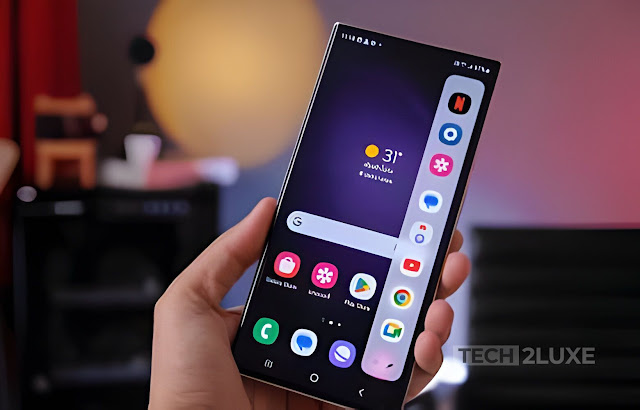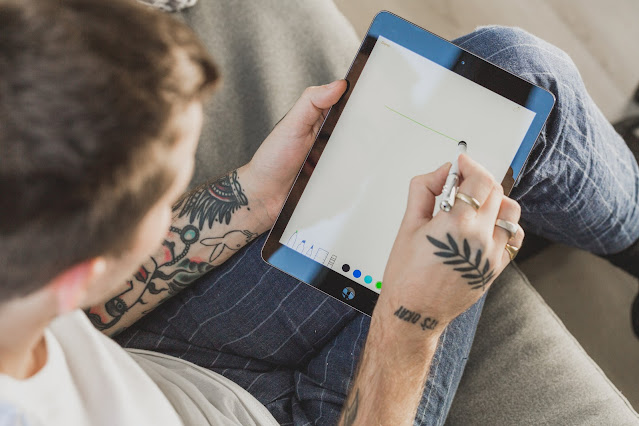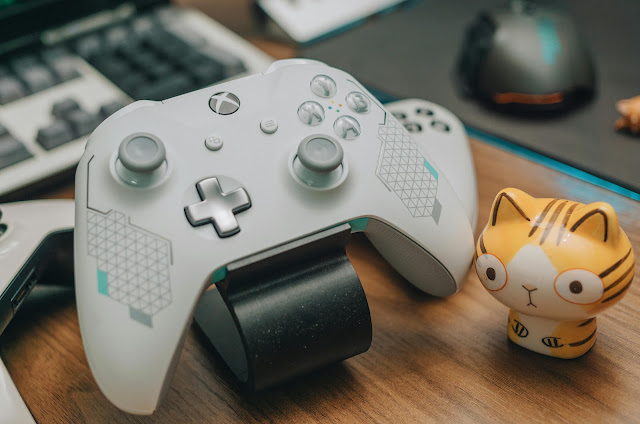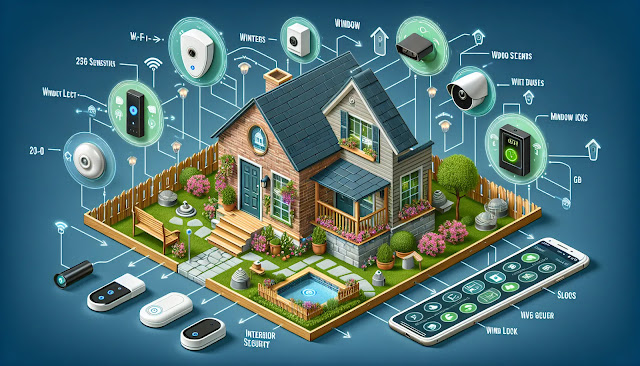10 Fun and Easy DIY Electronics Projects for Beginners
Fun and easy projects
Are you someone who loves the idea of creating your own electronics projects but don't know where to start? Look no further! We have curated a list of 10 fun and easy DIY electronics projects that are perfect for beginners. Whether you're a tech enthusiast or just looking for a new hobby, these projects will provide you with a great way to learn about electronics while having a blast. So, grab your tools and let's get started!
Simple DIY electronics projects
If you're new to the world of DIY electronics, it can be overwhelming to dive into complex projects right away. That's why we've put together a collection of simple projects that are perfect for beginners. These projects will not only help you understand the basics of electronics but also sharpen your skills and boost your confidence. So, roll up your sleeves and let's explore the world of DIY electronics!
Electronics projects for beginners
Are you a beginner who is eager to dive into the world of electronics? Look no further! We have rounded up a list of fantastic electronics projects that are perfect for beginners. Whether you're a student, hobbyist, or someone with no prior experience in electronics, these projects will take you on an exciting journey of learning and discovery. So, let's unleash the electronics enthusiast within you and embark on this amazing adventure!
Now, let's take a look at some of the fantastic DIY electronics projects that you can easily build as a beginner:
1. LED Blinking Circuit
The LED blinking circuit is a classic project for beginners and an excellent starting point for learning about basic electronic components. All you need is an LED, a resistor, a breadboard, and some jumper wires. By wiring these components together, you will create a circuit that makes the LED blink on and off at regular intervals. It's a simple yet fascinating project that will introduce you to the world of circuitry.
2. Arduino Light Theremin
If you're interested in music and electronics, the Arduino Light Theremin project is perfect for you. With an Arduino board, a light sensor, and a speaker, you can create your own musical instrument that responds to light. As you move your hand closer or farther away from the light sensor, the pitch of the sound produced will change. It's a unique project that combines art, science, and electronics.
3. Motorized Pinwheel
The motorized pinwheel project is a great way to understand the basics of motors and their applications. By connecting a small DC motor to a power source and attaching a pinwheel to its shaft, you can create a spinning motion. You can experiment with different materials for the pinwheel and observe how it affects the speed and stability of the rotation. It's a fun project that will give you hands-on experience with motors.
4. Capacitance Meter
A capacitance meter is a handy device used to measure the capacitance of electronic components such as capacitors. By building your own capacitance meter using an Arduino board and a few basic components, you can accurately measure the capacitance of various capacitors. It's a practical project that will come in handy when you're working on other electronics projects that require precise measurements.
5. Digital Thermometer
With a digital thermometer project, you can monitor temperature accurately using an Arduino board and a temperature sensor. By displaying the temperature readings on an LCD screen, you can create a practical device that can be used in various applications. You can experiment with different temperature sensors and even add features like temperature alarms or data logging. It's a project that combines electronics with everyday practicality.
6. Light-Activated Switch
The light-activated switch project allows you to build a circuit that turns on or off based on the intensity of light. By using a light-dependent resistor (LDR) and some basic components, you can create a switch that controls other electronic devices such as LEDs, motors, or alarms. It's a project that will introduce you to the concept of sensors and their applications in automation.
7. FM Radio Receiver
If you're a fan of radio and want to dive into RF (radio frequency) electronics, building an FM radio receiver is an exciting project. With a few electronic components and an FM receiver module, you can create your own functional radio that can tune in to local FM stations. You can experiment with different antenna designs and even add features like audio amplification or frequency display. It's a project that will expand your understanding of electronic circuits.
8. Sound-Activated LEDs
Have you ever wanted to create your own sound-activated light show? With the sound-activated LEDs project, you can do just that! Using a microphone module, an Arduino board, and some LEDs, you can build a circuit that makes the LEDs flash in response to sound. It's a project that combines audio processing with visual effects and is sure to impress your friends and family.
9. Digital Dice
If you're a fan of board games or enjoy playing games with friends, the digital dice project is perfect for you. By using an Arduino board, a seven-segment display, and some basic components, you can build a digital dice that randomly generates numbers when you press a button. It's a fun and interactive project that will add a touch of electronics to your gaming sessions.
10. Smart Home Automation
Want to take your DIY electronics skills to the next level? The smart home automation project is the perfect challenge for you. By using an Arduino board, sensors, and relays, you can create a system that automates various tasks in your home. You can control lights, appliances, and even monitor environmental conditions like temperature and humidity. It's a project that combines electronics, programming, and home improvement.
So, there you have it - 10 fun and easy DIY electronics projects for beginners. Whether you're looking to learn the basics of electronics or embark on more advanced projects, these projects will provide you with a solid foundation and an enjoyable learning experience. Remember to have fun, be creative, and never stop exploring the fascinating world of electronics!






